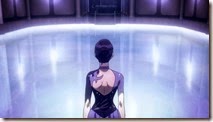 |
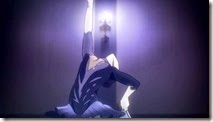 |
 |
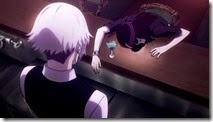 |
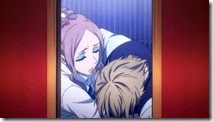 |
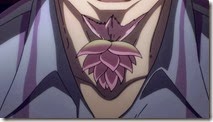 |
Madhouse, thank heaven for you – saving anime one commercial flop at a time.
It seems to me that fans of the Onepunch Man manga (and I knew they are legion) ought to be very excited about the news that Madhouse will be handling the adaptation (with Shingo Natsume directing, no less). This studio is compiling a pretty remarkable record over the last couple of seasons – it looks set to continue with Ore Monogatari!! – and I think it’s pretty clear there’s a two-track production system going on there. We have the commercial LN adaptations (where IMHO, it’s clear that most of the time the studio is pretty much mailing it in), and then the series they really care about – which inevitably sell almost no discs.
Many directors and actors in Hollywood have used this approach – “one for the studio, then one for me” – but I don’t know how commercially viable it is in anime. Perhaps being owned by a major network isn the difference, but whatever the reason, it’s a damn good thing we still have Madhouse making shows like Death Parade and Kiseijuu. Perhaps in OPM they’ll finally have the show that bridges the gap – an artistically ambitious series that succeeds by conventional commercial measures. I have no doubt that Hunter X Hunter made money for the major parties involved, but it’s a unicorn – a generational shounen standard with a huge cross-platform and demographic presence.
I think back to the early days of Death Parade, when a lot of critics were dismissing it as shallow and exploitative, a show that was only using its hook for provocation purposes. How wrong those people were, if you ask me – DP has answered any questions about its motives above and beyond reasonable doubt over the last few episodes. It knew exactly what it was doing all along, and it was doing it from a perspective both sensible and humane. Merely because a series is dark and unsparing doesn’t mean it’s also defeatist and fatalistic – I think we’re seeing a fundamentally uplifting tale played out here, albeit one that pulls no punches about how hard it is to live a life of empathy and compassion in a Universe that’s often cruel and usually uncaring.
Setting aside the larger power struggle between Nona and Oculus and its implications for the moment, there were two plotlines playing out concurrently here, with each arbiter dealing with his “problem child”. While the dialogue intercut between the two of them for the entire episode, I think it’s easier here to deal with them one at a time, and I’ll start with Ginti and Mayu. And Harada – I was very surprised to see his body, but it was back (if uninhabited). Ginti has effectively admitted he failed in his role to judge Mayu (I’m still not 100% sure why, to be honest) and given her a choice – she can reunite Harada’s soul with his body, but in order to do so she must condemn another soul to the Void in its place Ginti spares no detail in spelling out for Mayu just what a bad place the Void is, and what the consequences are for the unnamed man (who yes, does look a dead-ringer for Yagami Light from Death Note – who was voiced by Miyano Mamoru, who voices Harada, and which was also a Madhouse series) if she condemns him sight unseen in order to save Harada.
Just what exactly did happen here? For me, the Occam’s Razor answer is that Mayu pressed the button and condemned the man (who was likely a dummy) to the Void – which was actually a test for her, which she failed. It could also be that she declined to press the button and accepted being condemned with Harada – but that doesn’t make as much sense to me. Assuming it’s the former, was what Ginti did to her a dirty trick? I suppose I would have to say yes – I mean, he did pull a bait-and-switch with the elevator. But I think a strong case could be made that Ginti basically offered Mayu the truth, and the question he asked her was whether she was willing to give up everything in order to be with Harada. It’s kind of a dumb life choice, that’s obvious, but it is a choice – this is something Mayu followed through to the end, and it seems at the very least she and Harada are now joined forever – though the accommodations leave something to be desired.
The main event, of course, was Onna’s story, and it didn’t disappoint. In the first place, the way her memories played out through a scene with her ice skating under the watchful eye of Decim and his dummies was masterful – poetic, poignant, beautiful. It was splendidly animated, with a lovely piece of music I can only assume was an original composition by Hayashi Yuuki. And it fit the story perfectly. We see scenes of her happy childhood – loving parents, “Chavvot” dolls on the shelf, a love of figure skating (hugely popular here) when eventually is rewarded by a chance to skate competitively. Onna is beautiful – as a child, as a young woman, and achingly so on the ice – and that’s why it’s so painful when her life takes a turn for the worse. She injures her knee badly, and is told she’ll never skate again.
With no hyperbole, I can say that I loved what happened next. It was genuinely deep – deep in a way fiction of any kind rarely is. What happens to Chiyuki – what sends her down a path of despair that eventually leads her to take her own life? It’s not the loss of skating – Chiyuki herself realizes that there were more important things in her life, and she had plenty in that life outside skating (though skating did help her find it). No, it was the fact that losing skating forced her to realize to most fundamental and terrifying truth in the Universe – each of us are well and truly alone. I played this stretch of conversation back several times, just to savor the words and come to terms with them – because as always, Death Parade allows us to find the way to the truth ourselves. “Those dear friends, pals of mine, even my family were all strangers in a very real sense, right? I mean – they weren’t me. Everything that seemed so important was now so hollow… People just can’t understand each other. It’s wrong to try to understand each other.”
Without putting too fine a point on it, this feeling is the very essence of existential despair – and one could argue that the driving force behind most philosophical and religious development in recorded human history is to try to understand it (between DP and Kiseijuu this week, Madhouse may have had the most profound 48 hours in recent anime history). And, of course, to deal with it without killing ourselves. Decim, so childlike in his way, gives Chiyuki a child’s answer. He asks her what emotion she’s feeling, and when she answers (“Sad, of course”) he asks “Is it wrong for me to want to understand that? I have never so much as lived, yet alone died. I do now know the correct way to express this, but I am truly glad to have met you, Chiyuki-san.”
In its way, this has become one of the most emotionally powerful anime relationships in a long time. It’s not romance, simply a kind of soul connection – and one of the parties doesn’t have a soul. Decim (one suspects Nona knows this) has evolved into the perfect advocate for a humanistic view of existence – that we die because we have lived, rather than live simply that we may die. That the fact that we cannot truly understand each other doesn’t matter – what’s important is the effort. We still must wait and see how Decim and Onna’s story resolves itself, but the larger story seems likely to dominate the final episode – and I don’t think it should be overlooked that whatever her motives, it appears that Nona has exploited Decim and Onna for her own purposes – and in doing so, she’s trifled with their feelings in a way that’s truly a violation of their dignity as sentient beings. There’s no black and white here, not in Death Parade – this is a story that asks difficult questions, and doesn’t pretend they have easy answers.
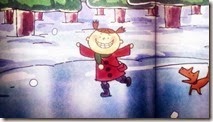 |
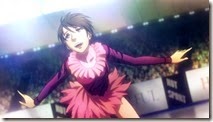 |
 |
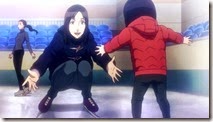 |
 |
 |
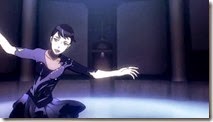 |
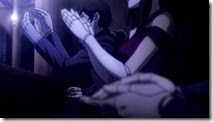 |
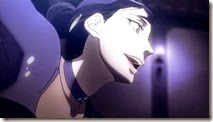 |
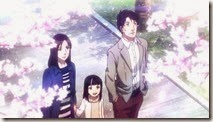 |
 |
 |
 |
 |
 |
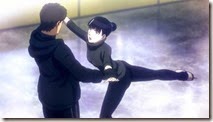 |
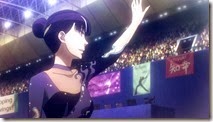 |
 |
 |
 |
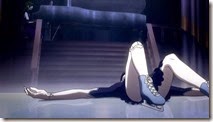 |
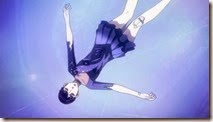 |
 |
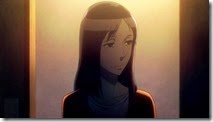 |
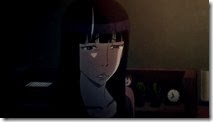 |
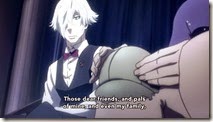 |
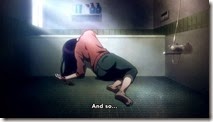 |
 |
 |
 |
 |
 |
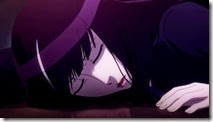 |
 |
 |
 |
 |
 |
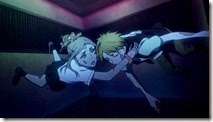 |
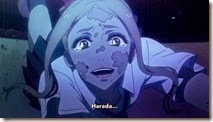 |
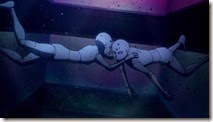 |
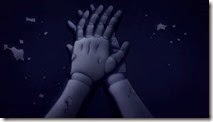 |
 |
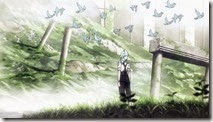 |
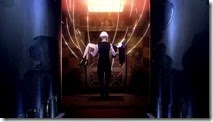 |


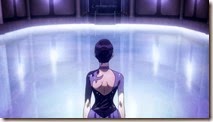
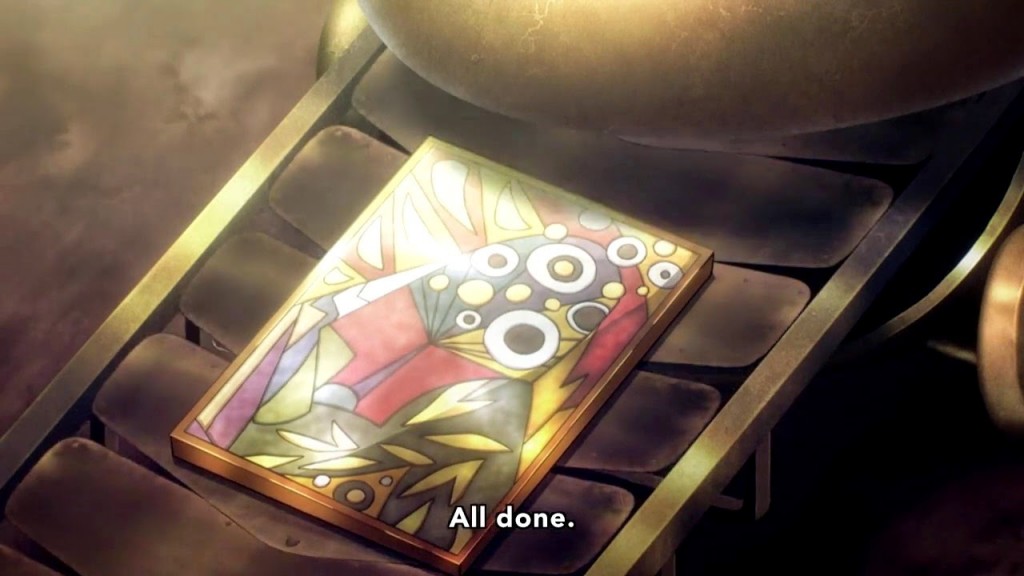
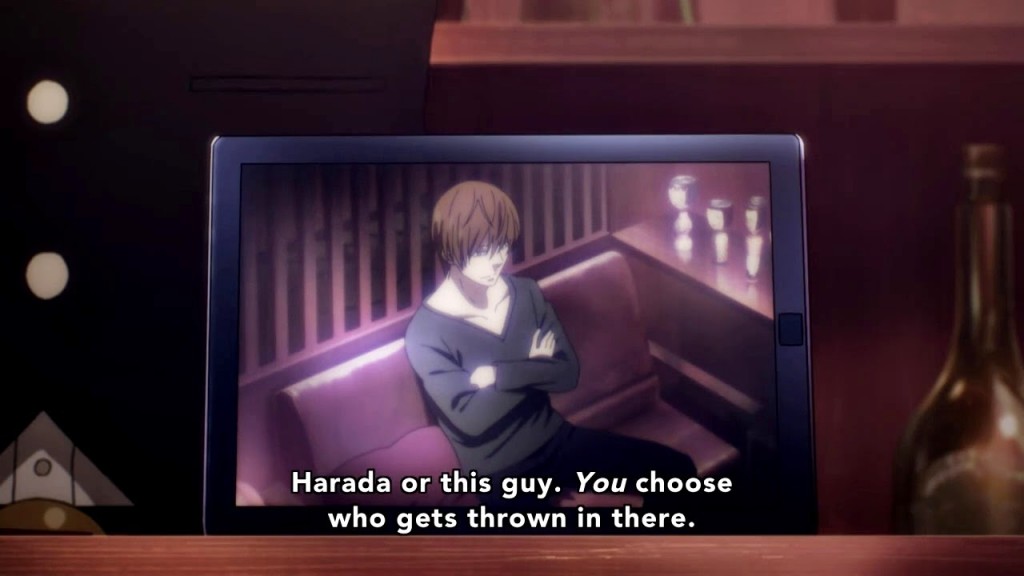
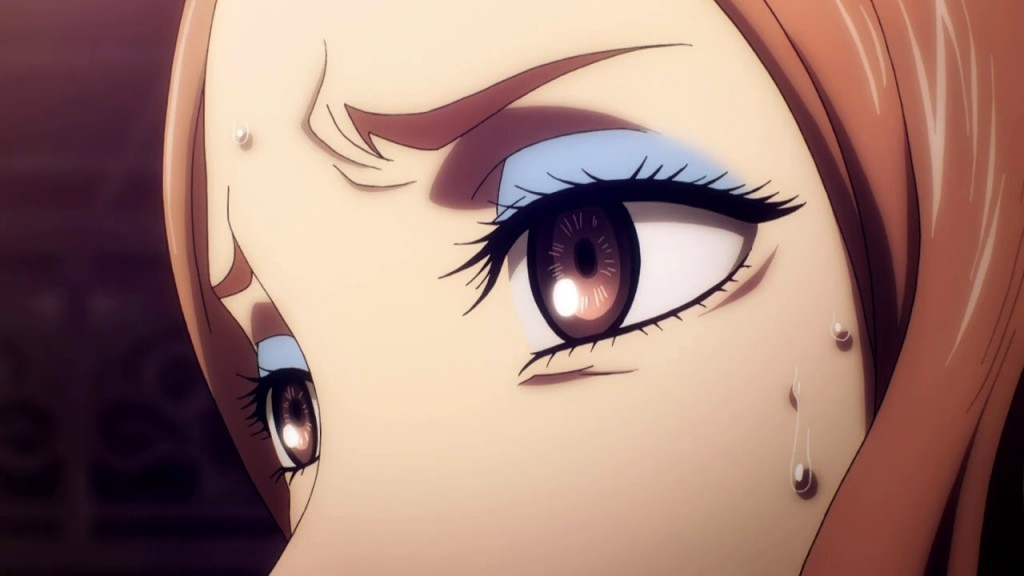
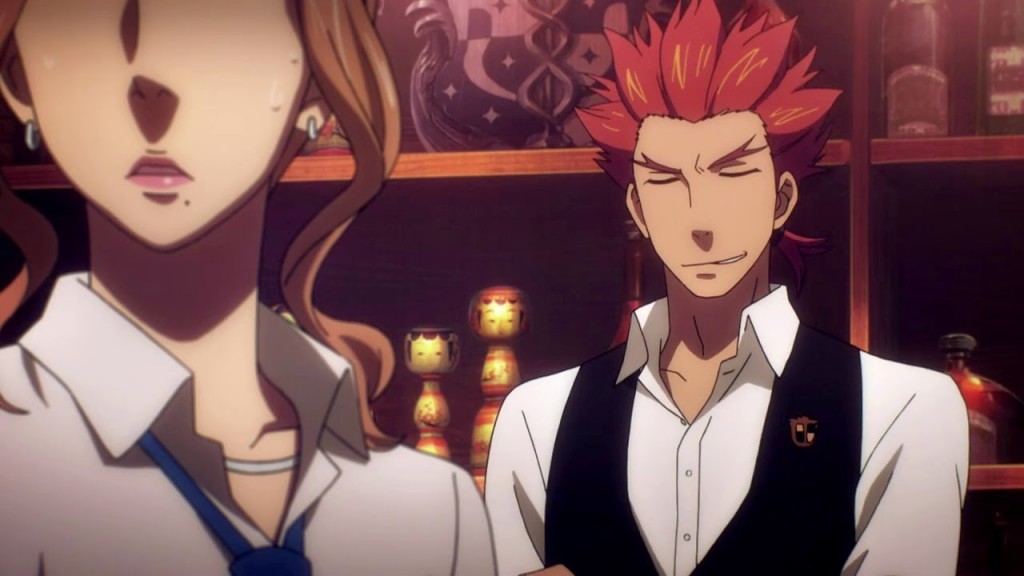
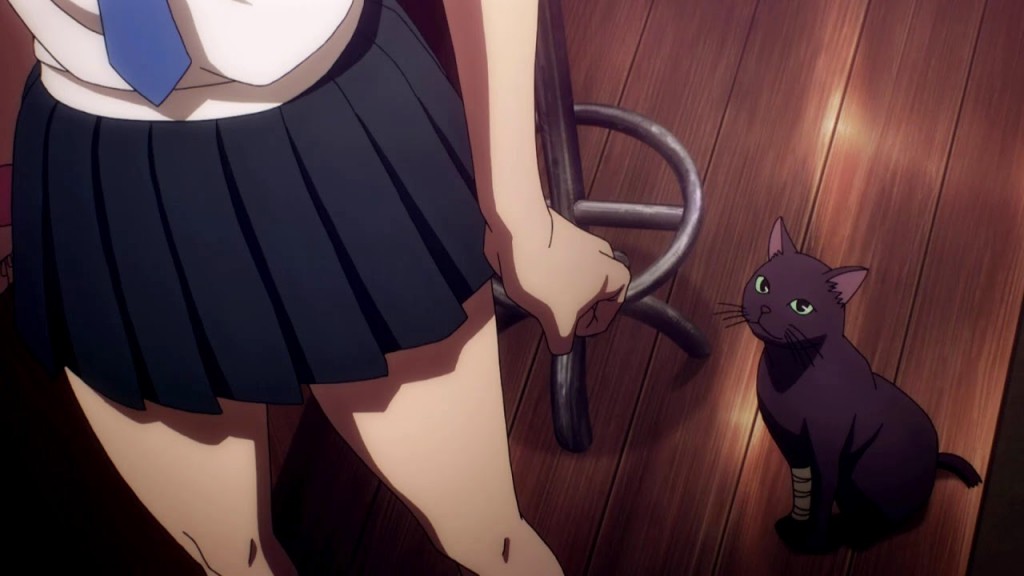
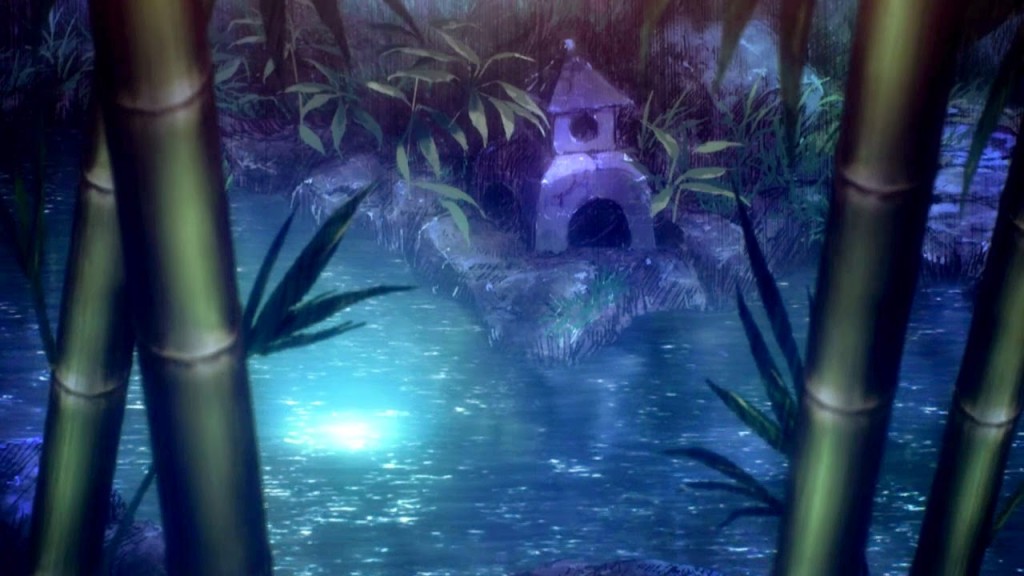
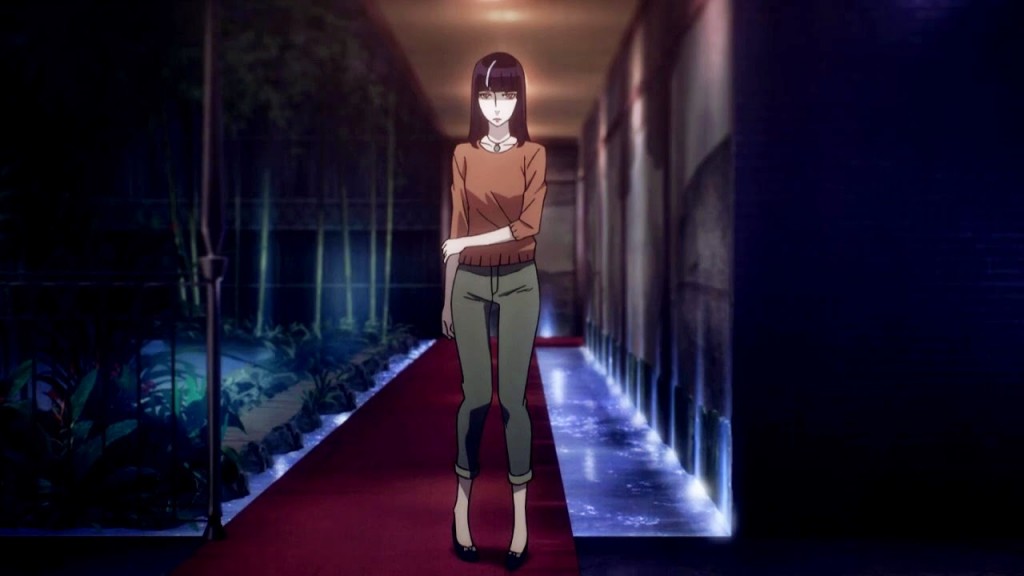
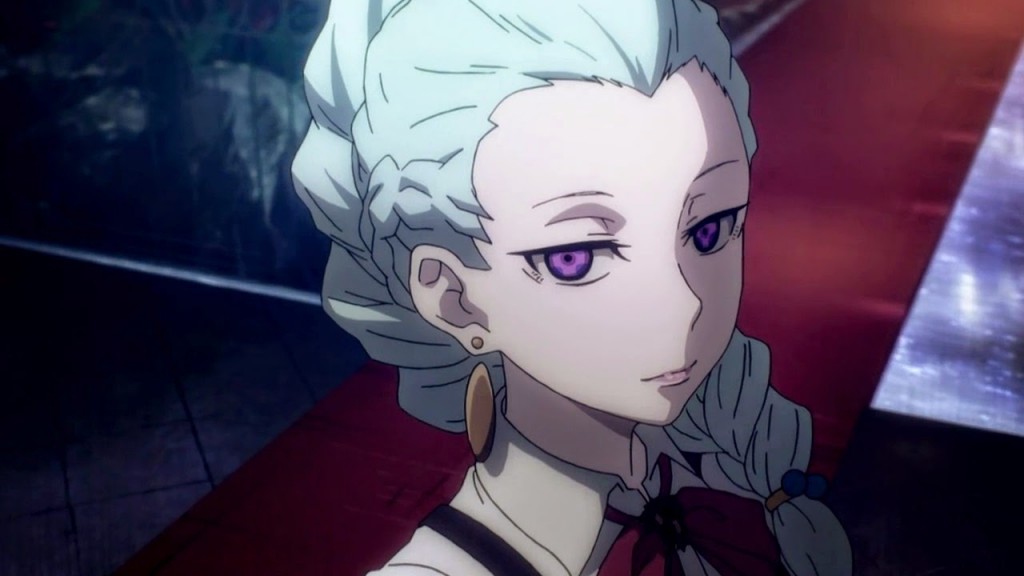
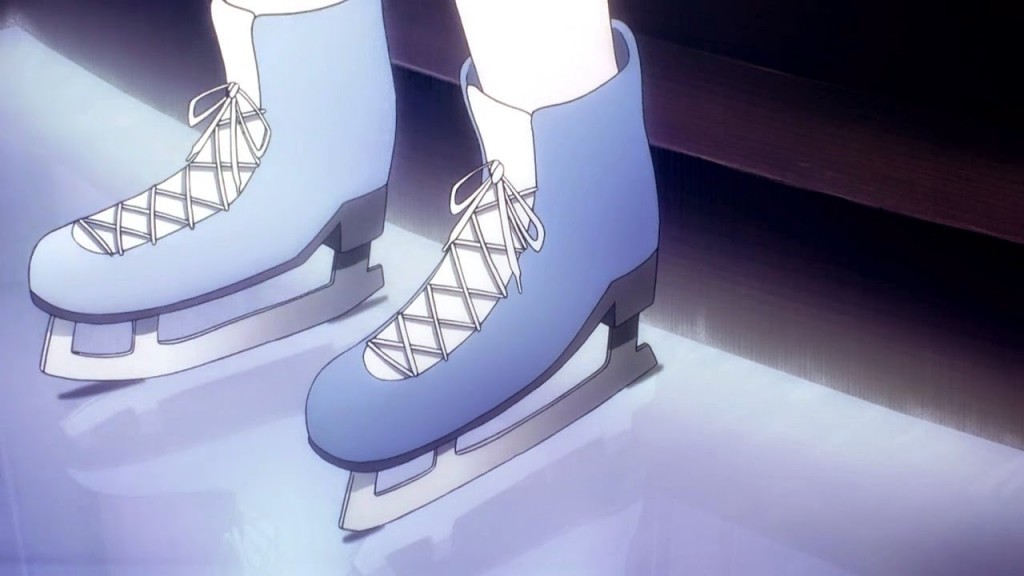


Jaypee Juanerio
March 21, 2015 at 7:38 amEnzo.. Is DP running for your top 10 this year?
admin
March 21, 2015 at 11:36 amUnless the rest of the year is way, way better than it looks based on the series announcements so far it's a lock.
Hangman
March 21, 2015 at 10:34 amYuzuru Tachikawa, thank you! Death Parade's latest stretch of episodes have simply been of exemplary quality. It's hasn't always been consistent, but it's been well worth it as I'd hoped. Most of what Madhouse has worked over the last few years just pales in comparison to be honest. Encouraging to see them getting back on track with all these impressive announcements as well.
admin
March 21, 2015 at 12:18 pmYes, H x H, Chihayafuru and Kiseijuu are simply terrible.
Hangman
March 21, 2015 at 12:45 pmAbominable.
Kaname
March 21, 2015 at 12:33 pmI have to say that I have always had a very harsh view of suicide. I still do – I still believe that it is wrong, that it is cowardly. But I also pity them. I felt sad for them. It's only when we have lost it all that we understand what is truly important…
I was actually surprise with Mayu and Harada – I would have thought Ginti pass them…
Hangman
March 21, 2015 at 1:10 pmI think Ginti has too large of a grudge towards humans, jealousy is part of it too, in how careless humans are towards life and carefree towards death until it hits them. As was the case with Harada. Mayu basically pronounced her unyielding devotion towards Harada in life, that she'd happily dwell in 'nothing' with him.
I assumed Nona left her in Ginti's care for a reason? I think Mayu needed to show Ginti that he's been deflecting the hard questions in underestimating human nature. Where Decim has been inquisitively embracing it, like when he asked Onna why she's smiling when she's sad.
Gary Cochran
March 21, 2015 at 9:13 pmOona is my favorite character. Too bad they can't find a way to make her a regular abiter.
Jay Psi
March 23, 2015 at 10:14 amEven with Chiyuki's story being told this well I still find myself going back to Yosuke's suicide. Before it gets rammed down my throat I am well aware that these are vastly disparate situations but the act of taking one's life stick in my mind as the ultimate act of desperation. I'll chalk it up to culutral differences and repeat that it was handled very well in this episode.
We have more or less been told that Ginti is another part of Nona's project, albeit one that lacks the essential curiosity of Decim – he's more like an impulsive, forthright teenager in comparison. Can't win them all I suppose
Earthling Zing
March 21, 2015 at 2:06 pmI love how Chiyuki's takeaway from her suicide tied in with the themes of the series. Even spending years with a person is sometimes not enough to let someone understand another, and Chiyuki's conversation suggested that mutual understanding is sometimes utterly impossible.
This says a lot about the judgements taking place in Death Parade; is it even possible to judge one's soul? What are the problems that the universe is facing that even lead to judgements like these taking place? What other alternatives exist to deal with those problems?
I don't expect the final episode to answer these questions, but after Death Parade went onto the brilliant track of questioning its premise, I can't help but become hopeful that we would get some answers…
David
March 21, 2015 at 6:24 pmWhat was most striking to me about the Ginti/Mayu situation was, as Enzo pointed out, the very deliberate scene where Mayu and Harada's souls joined together. I don't want to argue whether or not Ginti handled Mayu's situation correctly, but especially based on the description of the void provided earlier in the episode, this feels like the best possible ending for someone who was fated to be cast the void — to endure the endless silence not alone, but in the company of someone they cared about.
To me, this really feels like a deliberate move on Ginti's part — one of (however minute) compassion, even. I suspect this might be a consequence of two people sharing the same elevator — we've never before seen two souls share the same elevator. I can't think of any other reason why Ginti would even allow Mayu to hold Harada in her arms as they rode the elevator in the first place.
Jay Psi
March 23, 2015 at 10:21 amGood shout – we've seen two souls go to the same place before but not two in the same elevator so there was no need for Mayu to be with Harada in that sense.
Perhaps there was a (begrudging) respect for Mayu from Ginti here, because she has exercised her right to make a choice.
gilraen_tinuviel
March 21, 2015 at 9:39 pmI'll be first to say I was afraid it will be "edgy & dark" like "life is so miserable, the world is cruel, all the people are baaaad" but I was quickly proved wrong and I'm glad.
Not everyday you can be happy, because you were wrong.
Merry Smithy
March 25, 2015 at 9:16 am"I think back to the early days of Death Parade, when a lot of critics were dismissing it as shallow and exploitative, a show that was only using its hook for provocation purposes."
"How wrong those people were, if you ask me – DP has answered any questions about its motives above and beyond reasonable doubt over the last few episodes. It knew exactly what it was doing all along, and it was doing it from a perspective both sensible and humane."
Mm… What I would ask you is do you think those feelings of shallow and exploitative are any less real in the earlier episodes?
For me personally, no; Death Parade presenting itself as humane now doesn't make those shallow vibes of earlier go away. The idea it would suggests a "the ends justify the means" logic to me – Just as you say there's no black-and-white here, I don't think it's fair to coat the analysis of the series in black-and-white logic.
The last few episodes have been great, but those shallow vibes still nag at me as a serious viewer, so Death Parade is just "okay" to me.
That's my two-cents. Back to lurking~
admin
March 25, 2015 at 2:43 pmCompletely disagree. What the series was doing, IMHO, was setting up just how unjust and arbitrary this system is, and there's no way it could have made the case as strongly without including what you call the "shallow" material. That's how I see it.
Akka
October 10, 2015 at 11:51 amThe episode was beautiful, but I just can't wrap my head around such an abomination as the Void even exists, how casually souls are sent there for comparatively extremely minor offenses – and sometimes due to a gross error in judgment.
I mean, we're talking ETERNITY in despair and maddening loneliness, I'm not sure even the worst torturers would deserve this, not to speak about rather decent human beings. Even if Nona manages to "fix" the whole bureaucracy or give a sliver of hope for the future, there is still thousands of more-or-less innocents souls that were sacrificed to neverending misery in the meantime.
Maybe it's just to serve as backstory and is not supposed to be the central point, but it's one big elephant in the room I just can't get around.